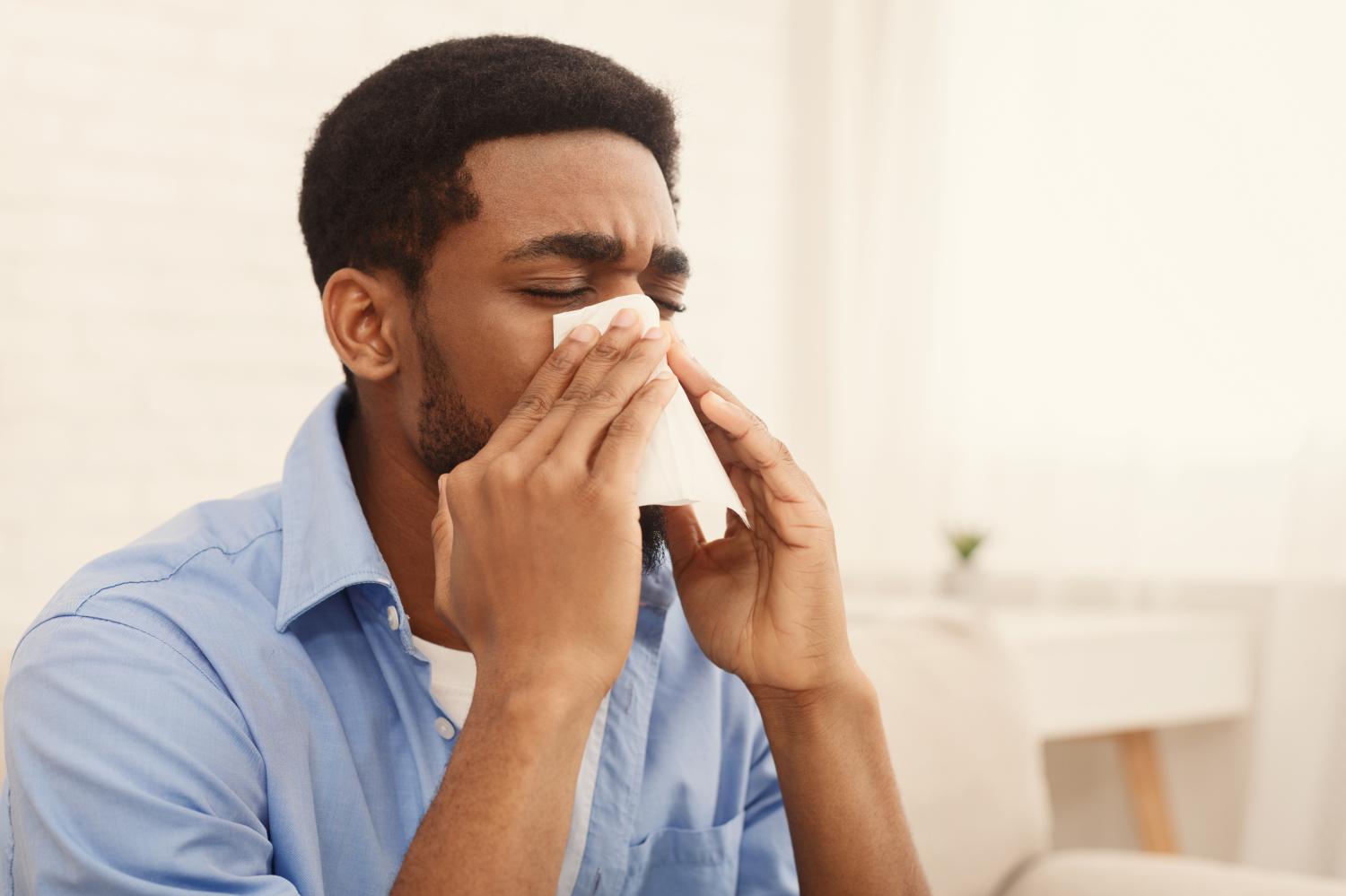
News and media releases from North West Surrey
If you have some news to share, would like to see us feature a patient story or simply have a question, then feel free to get in touch with us.
Flu increases again as winter pressures bite amid strikes

The number of people in hospital with flu has increased by almost two thirds in a week, new NHS figures released show.
Despite intensified efforts from hardworking staff to prepare for winter pressures, the latest weekly update shows thousands of hospital beds are taken up by patients with flu and other viruses.
Ahead of this week’s industrial action, the number of patients in hospital with flu has jumped to an average of 648 patients per day, up from 402 last week and is four times the figure at the end of last month (160 week ending 26 November).
The number of patients in hospital with norovirus continued to increase with an average of 566 patients in hospital per day - up 10% on the previous week (506) and around 55% higher than the same week last year (364).
Covid cases in hospital are also rising, up 12% in a week from 3,024 on 10 December and up 38% in the last four weeks (from 2,452 on 19 November) to 3,390 on 17 December.
Data also shows that there was an average of almost 50,000 staff absences each day last week (49,776), with absences related to Covid up 37% since w/e 26 November (1,715 vs 2,358).
The data shows how the hard work of staff and innovative measures to prepare for winter are continuing to pay off - the time lost to ambulance handover delays is lower than last week and down by more than a third in comparison to the same week last year (from 46,085 hours w/e 18 December 2022 to 28,966 last week).
Last month, Category 2 ambulance response times were almost three minutes faster than in October and almost 10 minutes faster than November last year, despite much higher demand.
There were 462,043 calls to NHS 111 last week – an increase of over 21,000 from the previous week (440,722.) Thanks to measures to boost resilience and grow the number of call handlers, the NHS answered more than half of calls within 60 seconds (53.4%).
Despite this pressure, the hard work of NHS teams to expand hospital capacity has resulted in over 1,000 more adult beds open now (95,066) compared to data from the same week last year (94,022), alongside planned increases in core beds.
However, an average 91,125 of these beds were occupied per day last week – an increase of 1,425 in comparison to the same period last year (89,700) - giving an adult G&A occupancy rate of almost 96% heading into one of the most pressured weeks for the health service.
An average of over 12,700 (12,728) beds were filled every day last week by patients ready and waiting for discharge. This is down from last week and almost 1,000 less than the most recent comparable data from last year (13,697) as staff worked hard to free up beds ahead of industrial action and to ensure patients get home in time for Christmas.
This year the NHS started planning for winter earlier than ever before, with preparations including the nationwide rollout of care ‘traffic control’ centres, extra ambulances and beds, and the world-leading virtual wards programme, helping to treat more people at home and in the community.
A three-day walkout from junior doctors started on 20 December at 7am and will be followed by a six-day strike from 7am on Wednesday 3 January, meaning that in the coming three weeks only four weekdays in the NHS are unaffected by holidays or industrial action.
The NHS is reminding people that they should continue to use services as they normally would when they need urgent medical help – using 999 and A&E in life threatening emergencies.
Professor Sir Stephen Powis, NHS national medical director, said:
These figures show that winter is well and truly with us and frontline staff are managing increased pressures due to even more flu, covid and norovirus.
While NHS staff across the country are doing everything they can to get as many people as possible home in time for Christmas, we are aware the latest strikes could an impact on almost all routine care including likely difficulties discharging patients.
We have already said we expect this to be the most challenging winter yet with strike action in the mix, and high occupancy in our hospitals is deeply concerning as our hardworking staff juggle seasonal viruses and strikes going into Christmas.
Despite these challenges, and thanks to our robust winter and recovery planning, we can see considerable progress being made for patients compared to the same period last year, with over 1,000 more adult beds in place, staff answering the majority of 111 calls within one minute, and ambulance handover delays down a third on last year, all of which demonstrates how staff are still delivering for patients despite the concerns and pressures the NHS is facing.
I am very grateful to those staff working to keep patients safe and provide them with the best possible care and I would remind anyone who needs medical support to continue to use 999 and A&E in an emergency and for everything else, use 111 online.
The weekly situation report publications can be found using the link below.
Urgent and Emergency Care Daily Situation Reports
